A podcast with host Jim James
The UnNoticed Entrepreneur podcast with host Jim James. Silk suits and spats CEO Richard Blank
This show is for business owners who want to overcome the frustration of being overlooked. Fellow entrepreneurs share strategies, tools, and case studies that they use to get the recognition they deserve. Interviews are published as podcasts and vodcasts and transcribed. The articles are published across numerous social channels, and the best are curated into books available on Amazon and other online stores.
Richard Blank , the guest on today's Unnoticed Entrepreneur podcast, offers his advice on how to create a profitable call center and maximise client engagement. At the age of 27, Richard departed Philadelphia for Costa Rica and established a fantastic call center with 115+ positions. He discusses the challenges that foreign startups experience as well as how companies can gain recognition abroad.
He emphasises the value of communication and how learning a new language and culture can help businesses adapt and thrive. Despite their unfavorable reputation in popular culture, he also discusses the advantages of contact centers.
https://youtu.be/N2dczplOAeY
A call center can be the success center of a business with the right technological advantages and framework. In order to keep clients and settle disputes, Richard emphasises the value of keeping interpersonal communication while sharing his teaching techniques for better communication.
On this Unnoticed Entrepreneur episode, learn more about the value of communication and how to maximise engagement for company success with hosts Jim James and Richard Blank.
The UnNoticed Entrepreneur podcast is sponsored by Prowly, the all-in-one software for leveraging PR activities. Boost the media relations game for your business - get more coverage while saving time and money on everyday tasks
If you could ask 500 entrepreneurs a question about how they got noticed,
Would you have one?
That's right.
You can ask a question and we can give you a summary of the thoughts of all of my guests on that topic, direct quotes, and links to where they gave comment.
The Host: Jim A. James
Jim James
I jumped out of a plane at the age of 17 and haven't looked back, or down, ever since.
That stunt taught me the power of publicity to generate profits.
I've been an entrepreneur for pretty much my entire working life.
For 25 years I started and built companies in Asia.
Now I am back in the UK, and am building a business which gives entrepreneurs the information and the tools to get noticed.
From the podcast I have published 3 books. These are under the Capstone Imprint, a division of Wiley (NYSE: WILY).
I've listed all assets here on Linktree.
My full story is on my personal website.
The books are on Amazon and in some stores.
My guests come on the mic from around the world, and the same is true of our listeners, as we've now been heard in 139 Total countries and over 3384 cities
According to Listennotes, the show is in the top 2.5% worldwide and has a listener score 33. The show ranks #3 in the UK in the Entrepreneur category.
What is Listen Score? Listen Score (LS) is a metric that shows the estimated popularity of this podcast compared to other rss-based public podcasts in the world on a scale from 0 to 100. The higher, the more popular. Calculated from 1st and 3rd party data. Updated monthly.
What is Global Rank? This podcast is one of the top 2.5% most popular shows out of 2,855,347 podcasts globally, ranked by Listen Score (the estimated popularity score).
The show is still relatively new but is experiencing steady growth by consistently publishing two shows per week.
Why charm and good looks isn't enough to help you standout; With Richard Blank
Richard Blank of Costa Rica’s Call Center shares communication techniques and tips on getting noticed
At the age of 27, Richard Blank left northeast Philadelphia and went to Costa Rica. He has since gotten an amazing business in the call centre industry called Costa Rica’s Call Center. In the new episode of The UnNoticed Entrepreneur, he talked about his business, communication, how people can optimise their engagement with others, and how entrepreneurs can get noticed not just in their hometown but in a new country.
From Philly to Costa Rica
When it comes to the special challenges he faced when setting up his business, he, first and foremost, needed to learn the language. It’s a great way to show respect; it keeps an open mind and shows structure, discipline, and cognitive skills. For him, anybody who speaks a second language bears a remark of higher education.
Secondly, he’s a guest in Costa Rica and has been one for the last 23 years. It was important for him to understand the traditions and the culture because whatever happened in Philadelphia really didn't have that sort of importance there.
By having their essence and learning new things, he was able to incorporate his life there. He married the girl of her dreams. Fifteen years ago, he started his company, and it later grew to 150 seats. Now, he’s living the dream.
He believes that entrepreneurs shouldn’t be hard on themselves. Patience is a virtue, and there is something called momentum.
He started Spanish when he graduated high school in Abington, Philly, and continued studying it in Arizona. It’s an example of him building on momentum. There was positive reinforcement. He had the fidelity to continue.
Putting any sort of pressures, opinions, or career expectations aside, he admitted he was a little selfish. Getting past his parents’ guilt and deciding to live a poet's life, he threw his hat in the ring and decided to go for it.
The Call Centre Industry in Costa Rica
Hollywood has glamorised call centres and telemarketers with films such as “Wolf of Wall Street,” “Boiler Room,” “Glengarry Glen Ross” and “The Prime Gig.”
However, the reality is that they don’t sell stocks. They don’t do casinos, books, pharmacies, or sweepstakes. But there are a lot of amazing people out there who can earn a living making and receiving phone calls.
Costa Rica is a very strict Catholic country, and the agents are extremely selective and delicate in the campaigns they decide to give their time and efforts. Currently, they have Amazon, HP, Intel, and Oracle. But it’s not just the infrastructure that’s there. It’s also the labour force.
The country has a 95% literacy rate and good neutral English levels. Being close to the United States gave them that advantage. The proxemics and expatriates that they have there make it feel like it's almost like the US, too. As many people speak English, it was very easy for him.
But unless people understand making and receiving phone calls, they may have expectations that are way out of whack. Telemarketers can’t just put magic dust on phone calls and bring them 100 clients. There is structure and discipline.
At Costa Rica’s Call Center, they do have some technical advantages. They have a backup generator. They have redundancy regarding the Internet. They have immediate information technology (IT) support, a great server room, turnkey stations, and headsets with noise-cancelling capabilities. The best thing that he has is that he has synergy.
His building can house 300 people (Though after COVID, he had to let most people go and only have a fraction of people on site. It’s a hybrid setup, or people work from home).
But back when the office was packed, he’d walk those roads and listen to these bilingual agents engaged on the phone — converting calls, getting positive escalations, maximising their English with a thesaurus, using certain strategic and diplomatic words like “guide assistant” and “lend a hand,” asking for clarifications, falling on swords instead of excusing somebody on the phone, always keeping the tone positive, and giving a wonderful experience. He’s seen people who are self-reliant, self-confident, and exceptionally marketable.
He gravitated towards that. He loves the “artist” speech.
Though most people today prefer chats and emails, he believes that the best way to retain a client, get an upsell and a referral, or do an exit interview (in case someone fumbled the football), is to speak with somebody and try to maintain that interpersonal communication and possibly resolve any sort of conflict management that the agent may have with clients or with himself.
Richard believes in the concept of “same message, different delivery.” He studied Basil Rathbone, who was undoubtedly one of the greatest speakers. He carefully looked up certain words and rewound them, especially his performances with Nigel Bruce on the Old Time Radio Show, which really expanded his reach.
He also gravitated towards Jeremy Brett, who was also an amazing speaker. A lot of Richard’s colourful speech comes from his attention-grabbing way, where he really captivated audiences. His other influences are Remington Steele and Templeton Peck.
Some Communication Techniques
In over two decades of doing over tens of thousands of phone calls and analysing those, Richard found a structure that gave him the best return in terms of their performance. And it’s something that can be done over and over again or in sections.
When someone prospecting is making a phone call, the first thing to do is use anonymity to their advantage. But this shouldn’t be done for the whole call since it’s shady. They must only get the first three seconds.
Citing how Richard would reach out to this podcast as an example, he shared that the best thing to do during that time is to do a company name spike and ask how the company is doing. “Hi, how’s The UnNoticed Entrepreneur podcast doing today?” Then, wait for the person on the other end — in this example, Alecs — to respond: “We’re doing great today. What’s your name?”
This is where he recommends doing the Buffer Boomerang technique, where the caller must name drop, buffer their tone, and ease it out: “Hey, Alecs! That’s an excellent question.” Then, to demonstrate active listening and return it to the positive side, the caller must say, “Hi, my name is Richard Blank.”
It’s all about capturing the negative tones, repeating the question, and setting it back positive. This happens in all sorts of calls until the tone is readjusted.
After that exchange, Richard would say, “I would love to speak to Jim James,” to which Alecs would respond, “Alright, I’ll transfer you.” Richard would say next, “You know what, before we go, Alecs, I just want to let you know that you’re incredible and I’m going to let Jim know.” The next thing he’ll know, he’ll get to pass the pitch from my assistant.
Once he speaks to me, he’d tell the thing about Alecs. And when I’d get to the part where I ask, “Who are you,” he’ll repeat the Buffer Boomerang technique. He and I will keep doing that until the tone evens out and until we have a conversation.
Now, this is where the phonetic micro expression reading comes in.
Using the Mirror Image technique, anyone making the call must think about how fast or loud the other person is speaking. They must do this in 30-second to two-minute intervals. It’s all about purely going on sound (not about the tone or semantics). If there’s a spike or a dip, they must interject a confirmation question, rebuttal question, or something that’s transitional to confirm something.
If they keep doing that for five minutes, no one will be in the same quadrant of the graph every time.
If someone’s talking loud (for instance, an 8 in the graph) and is talking fast (also about 8), they’d be in Quadrant 1. The goal is to see consistency.
When someone is on the phone, three senses are removed: taste, touch, and smell. But, the hearing expands. That person can use their imagination, adjectives, and descriptions. These are ways to capture calls and put colour in their language — because they’re more of a painting than a print.
Agents can keep others’ attention by being engaged and showing active listening. Apart from doing the spike-and-dip thing, another important sign is the answering speed.
Subconsciously, people can control tone, rate, and pitch. They can curse, scream, or interrupt. However, they can’t answer speed consistently.
However, when agents become lucid after three years of practice, it becomes a habit; they can use it to their advantage. They can fire, but must not burn those they're conversing with. They can ask them for clarification questions because they’re being facetious or overextending themselves.
Then, there’s also the Me Too technique.
If someone hears a dog in the background, that person can inadvertently and passively aggressively let the other person know that they love dogs. For instance, they can ask about the dog’s name, breed, and age. It’s basically about anchoring with the other person.
Based on his experience, in most cases, that’s when a client comes back and asks his name again for clarification. And this shows how they really connected in the body of the conversation, not in the introduction and conclusion.
What They Do at Costa Rica’s Call Center
At Costa Rica’s Call Center, agents must keep in mind that they’re in a conversation and must share multiple points with people as they offer multiple things, such as appointment setting, lead generation, and customer support. However, they must give a little bit of time in between each one to gauge a positive or negative reaction.
Visualise it like it’s an equaliser. When they get a positive reaction, they must stop that vertical line and ask open-ended questions.
Throughout the call, agents must constantly remind and rake questions. For example, “Remember, we spoke about A, B, and C. Are there any final questions that you may have?” If the other person asks to tell more about C one more time, the agent could respond, “Of course, I can. I’m so glad you brought that.”
They also make custom-made meeting minutes and send them to the people they called.
Going back to the example of him reaching out to this podcast, the minutes for that will include Alecs’ participation and the momentum from the beginning. When he calls the company back, and Alecs picks up and asks, “Is this Richard Blank?” he would say, “Of course it is.” Then, Alecs could say, “Thank you so much for what you said about me. I’ve been here for years and no one’s ever said this. Oh, by the way, Jim’s birthday’s next week and you better mention his anniversary. His direction extension is 214. Call him on Thursdays before he plays golf.” When that happens, Richard would thank her and show his appreciation.
This example shows consistency and authenticity at any stage of that conversation.
He also emphasises name drops and personal pronouns (e.g., “your,” “our”) to keep people’s attention. He believes in pausing before names and numbers and using those in transitional sentences and tie-downs.
If people can practise all this, they’ll have beautiful conversations with others. If they’d have to apologise for their tone, they can call the following day and apologise for it and ask to restart again. These are the sort of relationships that build the best foundations in business — having no surprises and being forthright with people.
Chaos causes character. But if entrepreneurs can respect prospects, their agents, themselves, and their businesses during the tough times, then when it’s the good times, it just aces.
On Getting Noticed
If entrepreneurs want to wear spat shoes, have neon lights, marquees, an art deco building, or collect pinball machines — like the case of Richard and his call centre business — why not?
He knew he needed to be the red umbrella among all the black ones. He needed to stand out in some way, and he can’t just do it with charms and good looks. He needed to show some sort of authenticity and real taste.
If he tries to do something that is in mode, it will be passe tomorrow. He knows who he is. And if he can do it with the images that he’s giving out, he will.
Entrepreneurs also don’t need to go out there and throw money around. There are extremely conservative ways.
In fact, Richard started his business out of his house. He got his first account and rented a turnkey station at an expanded internet cafe. He did that for two years until he rented space to build out 150 seats. It had to be there for six years to build enough capital and be able to build a hot field 300-seat centre. As his old-school grandmother tells him, “If you can’t do it in cash, you don’t buy it.” And so he had to wait patiently to have the capital to ensure job stability and pay those benefits.
Richard’s call centre business is on a building first built in 1958 called Super La Quadra. For the time he’s there, he’ll preserve the walls because people live there. And people are happy there. The building has been abandoned for many years, and it has gone through so many things. He considers it a gift that the building is passing that energy along to him and allowing itself to be in his use and be his environment.
https://costaricascallcenter.c....om/en/outbound-bpo-c
The UnNoticed Entrepreneur podcast, Jim James, Richard Blank, Costa Rica's Call Center, Outsourcing, Telemarketing Call Centre, BPO, Nearshore Contact Center, Sales, Entrepreneur, B2B, Business, Podcast, Gamification,Leadership, Marketing, CX, Guest, Money, B2C education, BPO trainer,
#jimjames #theunnoticedentrepreneurpodcast #richardblank #costarica #callcenter #outsourcing #telemarketing #bpo #sales #entrepreneur #b2b #business #podcast #gamification #ceo #learnpodcasting #podcastepisode #podcastguest #podcasting #podcastinterview #podcastplaylist #podcasts #podcastskills #podcastshow
host Jim James on The UnNoticed Entrepreneur podcast. Silk suits and spats CEO Richard Blank
https://youtu.be/N2dczplOAeY
-
Category




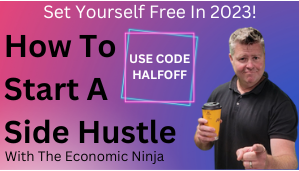






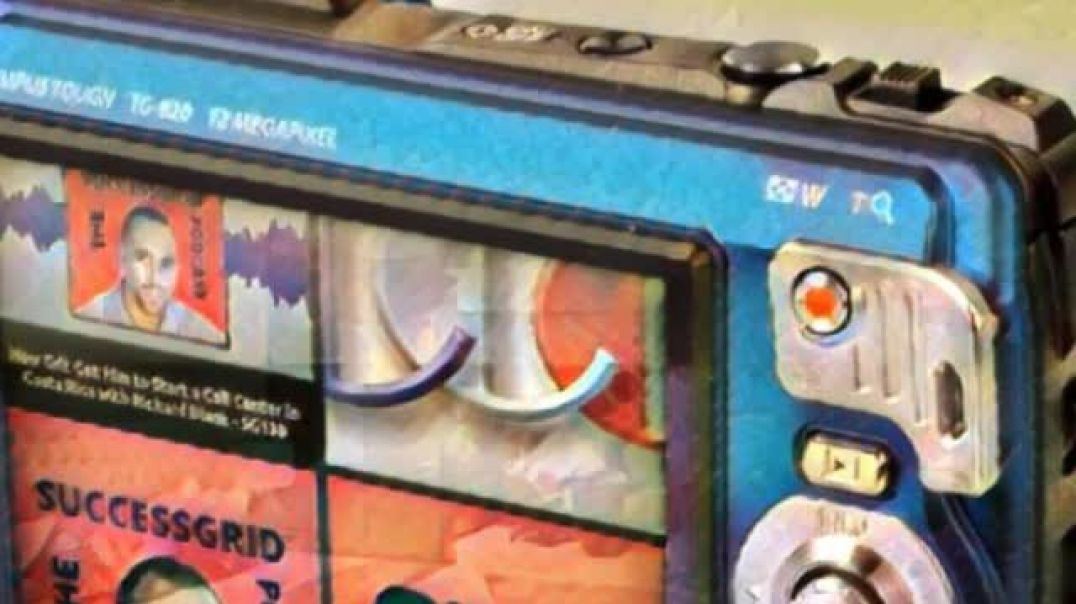
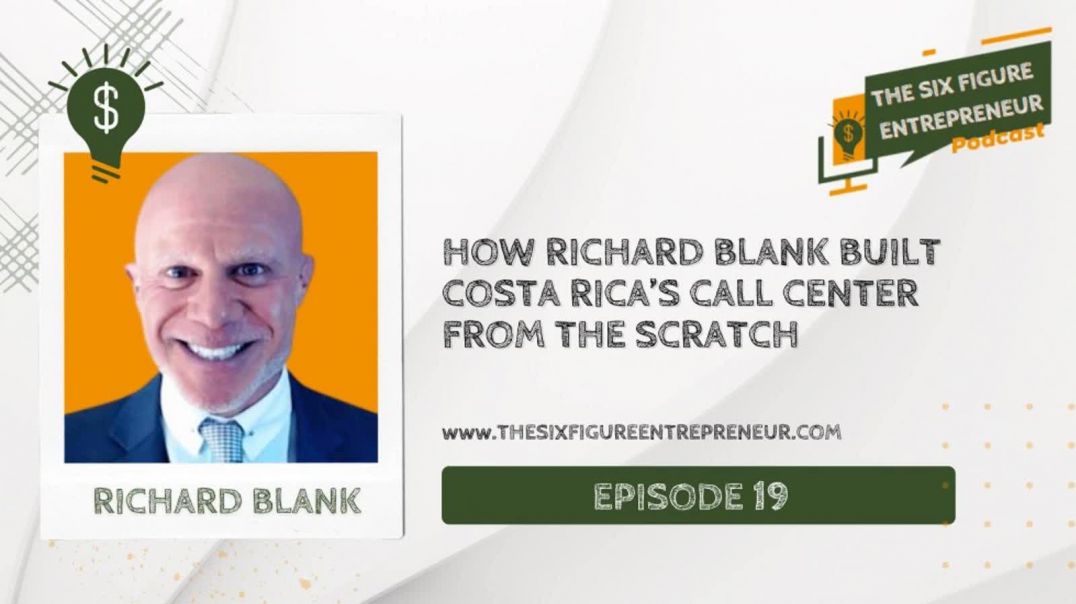
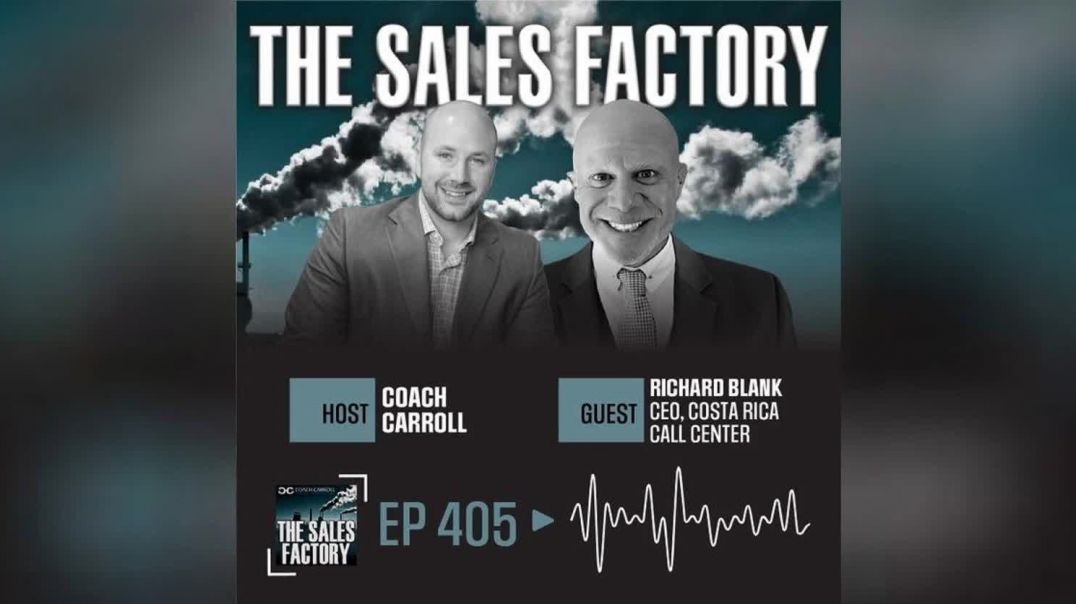
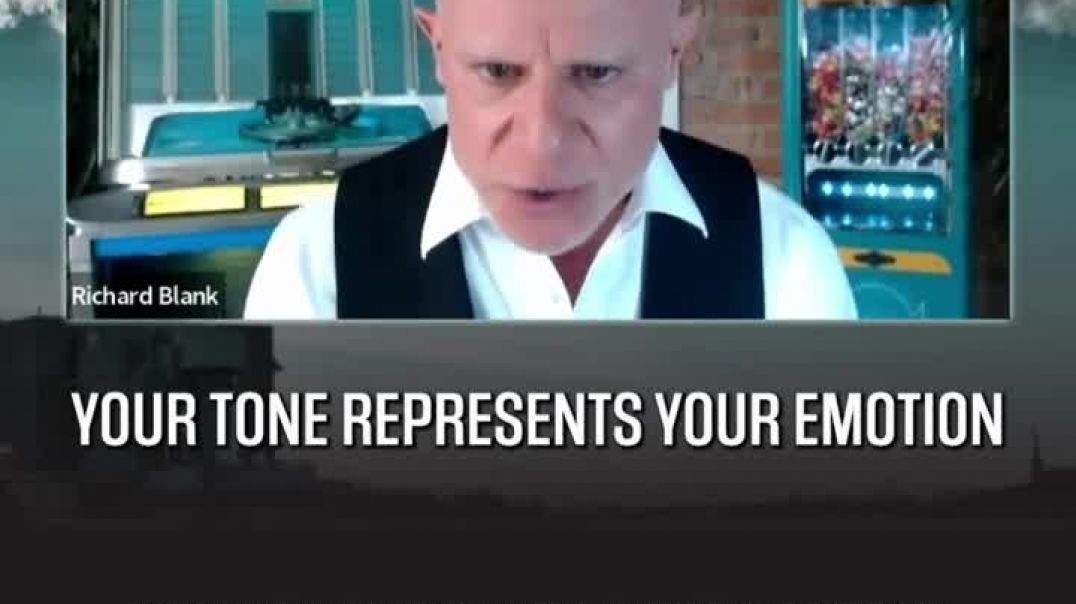
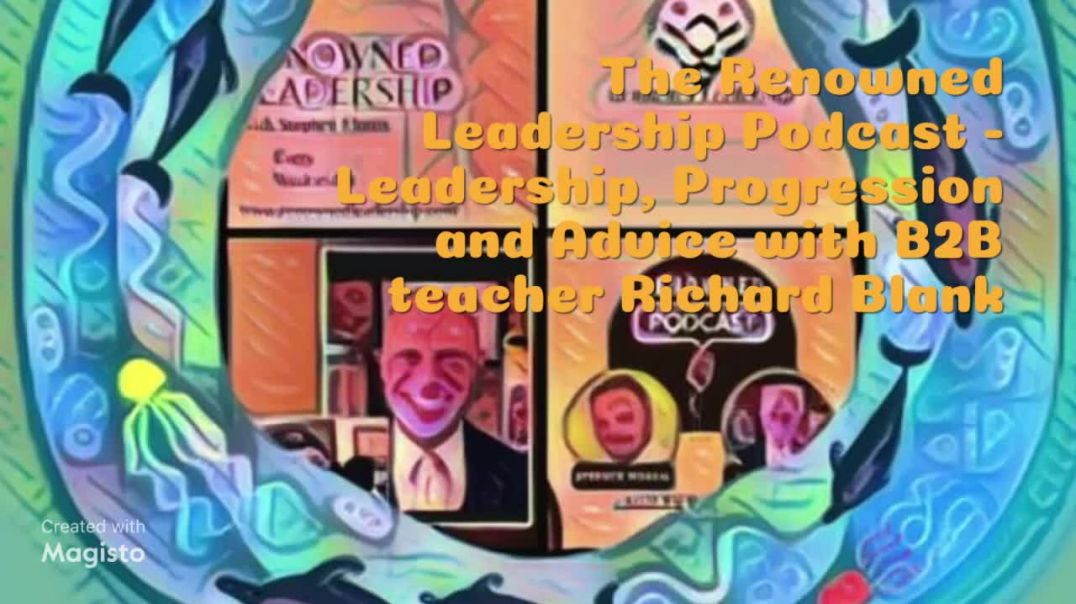
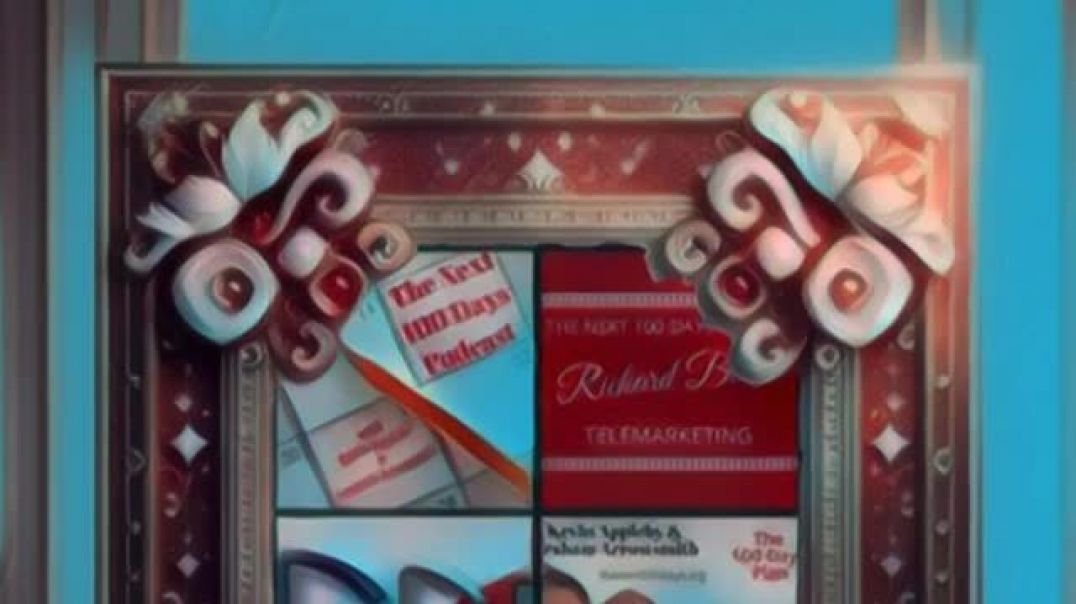
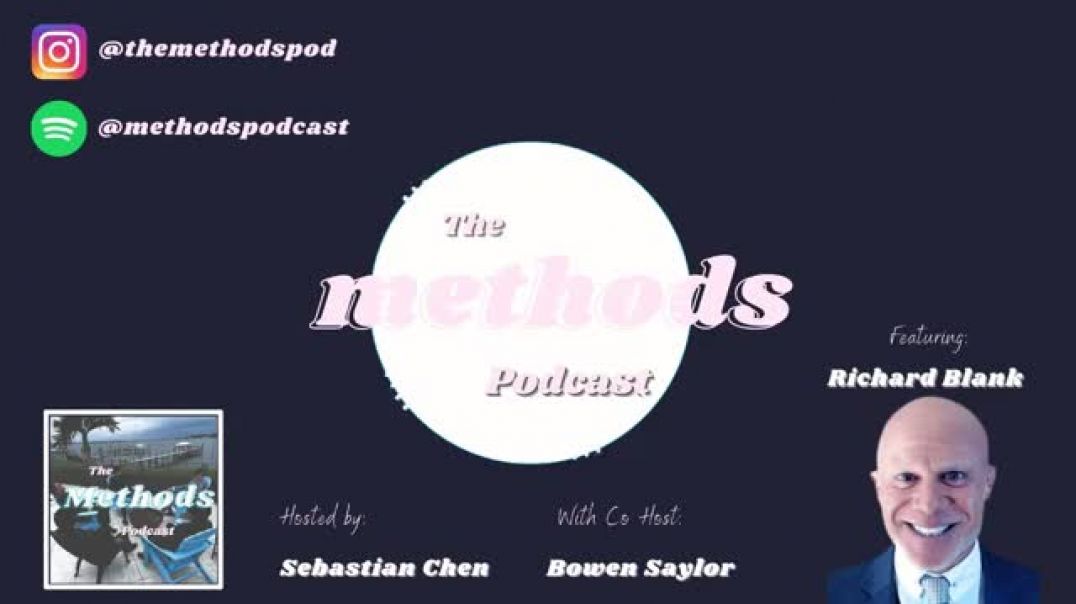
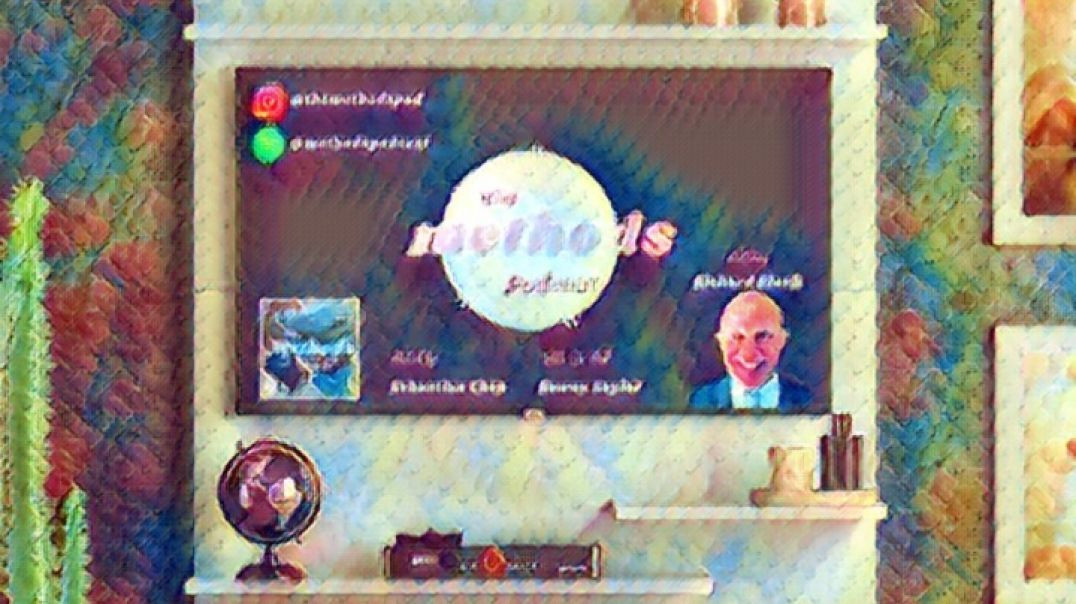
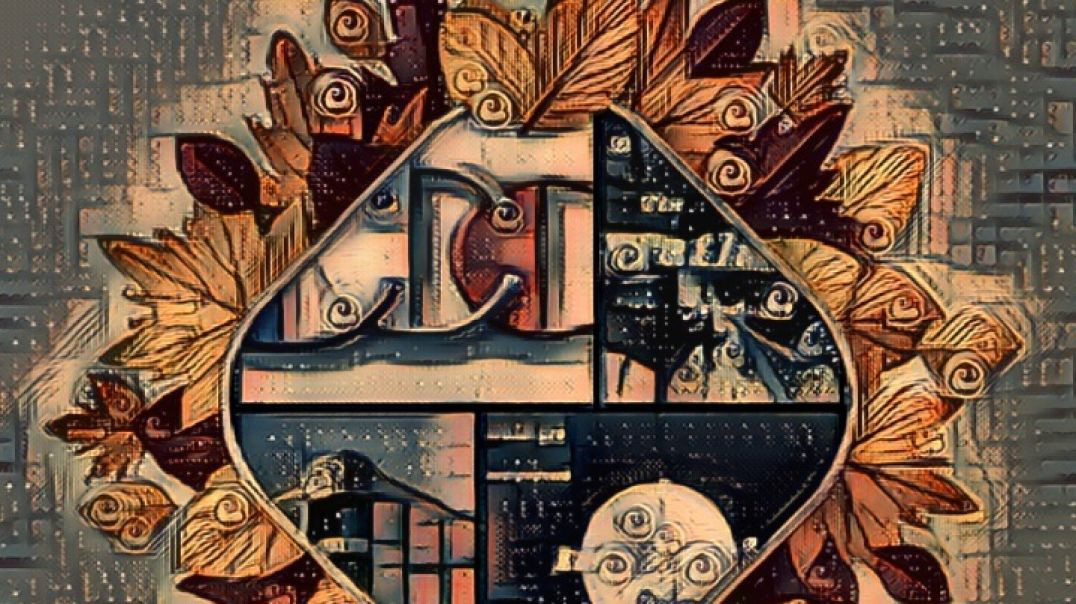
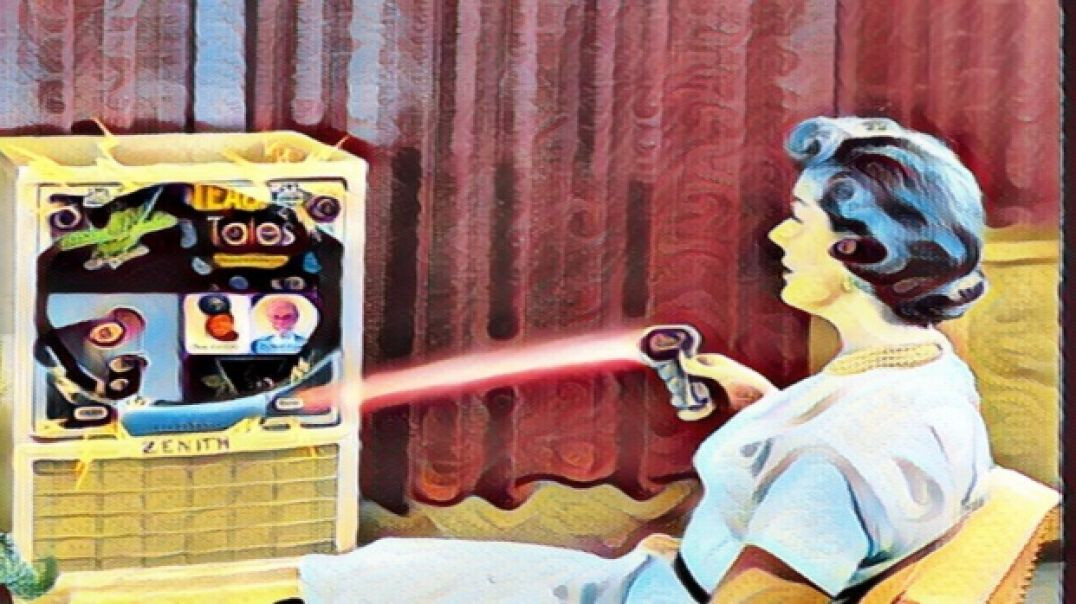
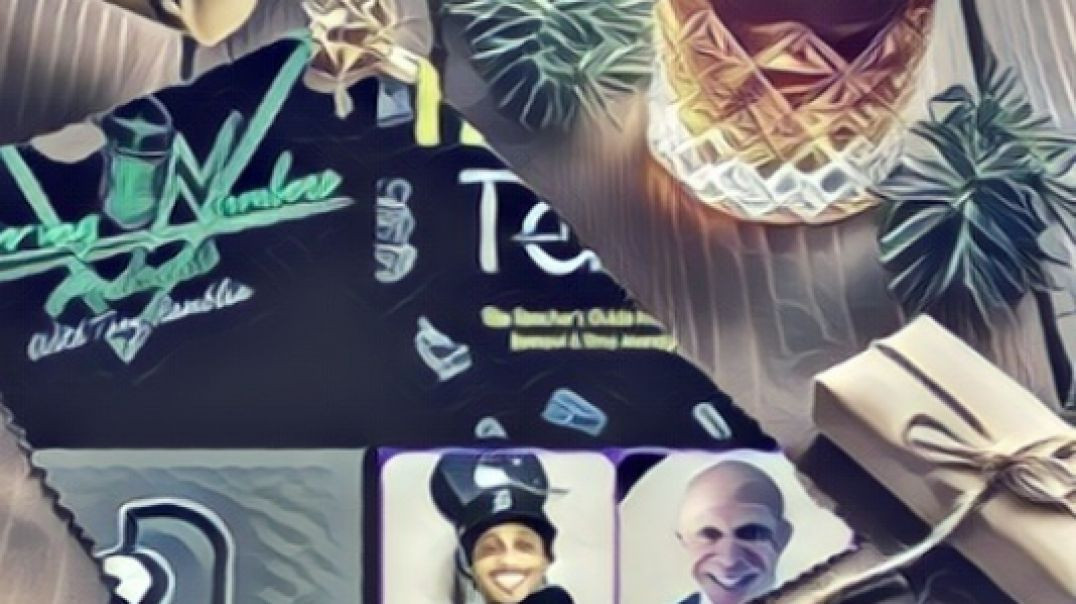
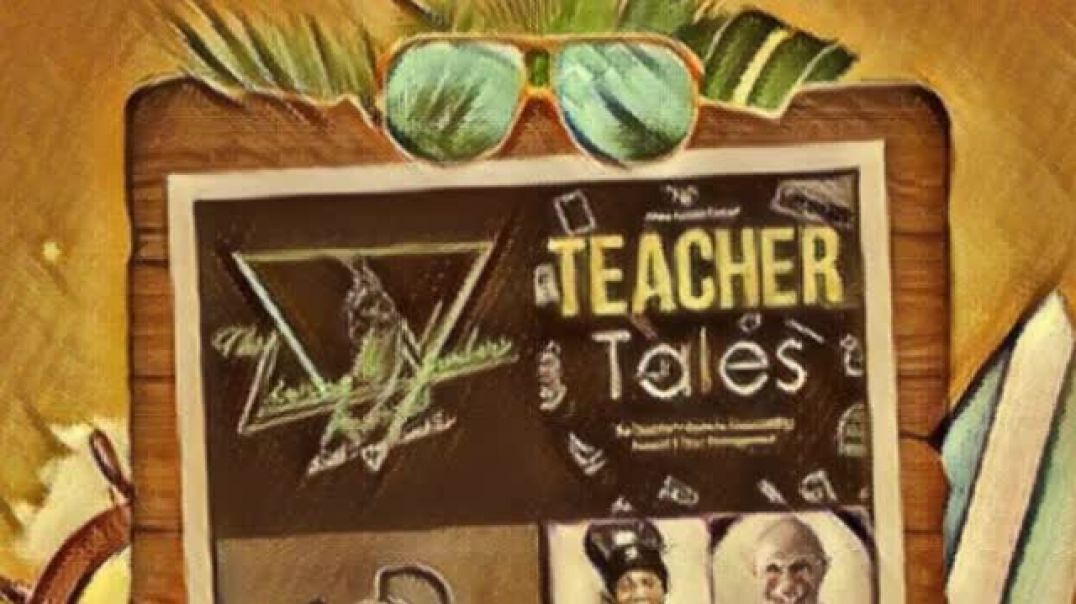
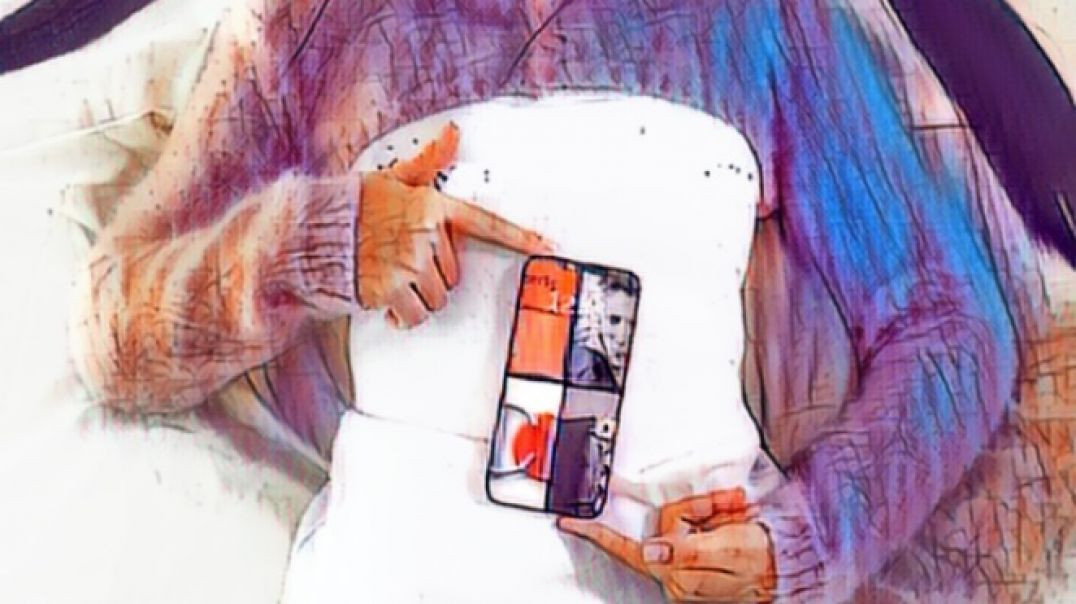

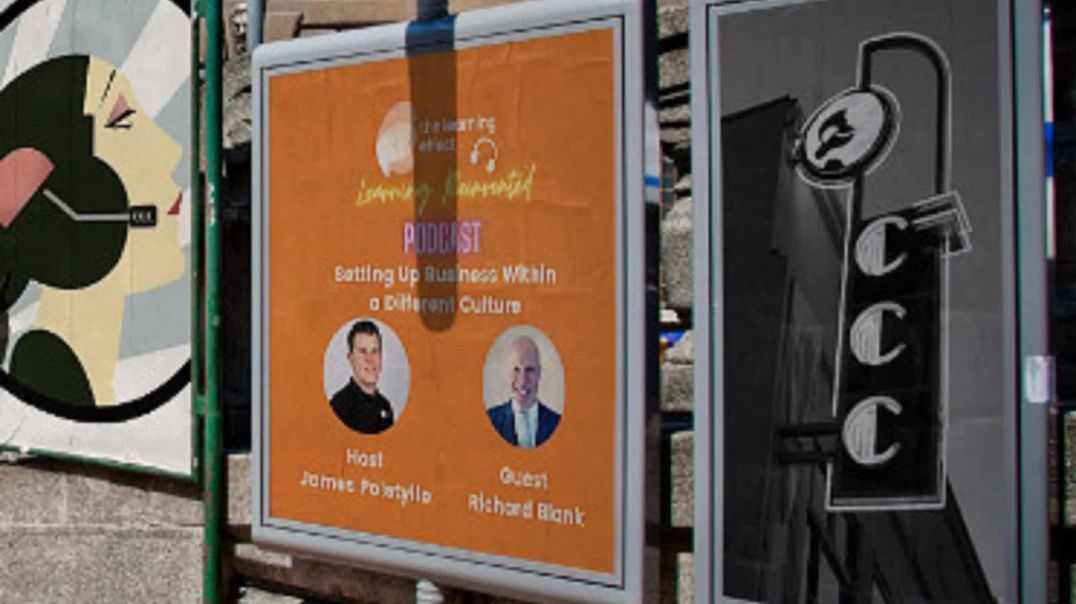

No comments found